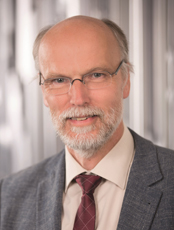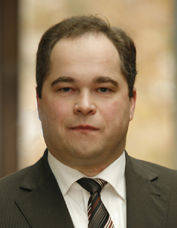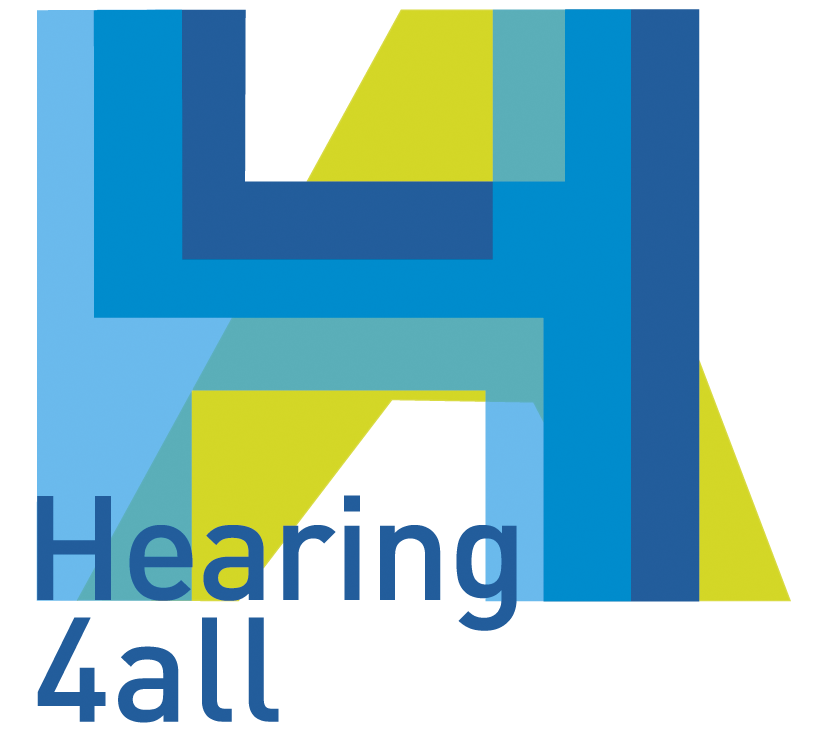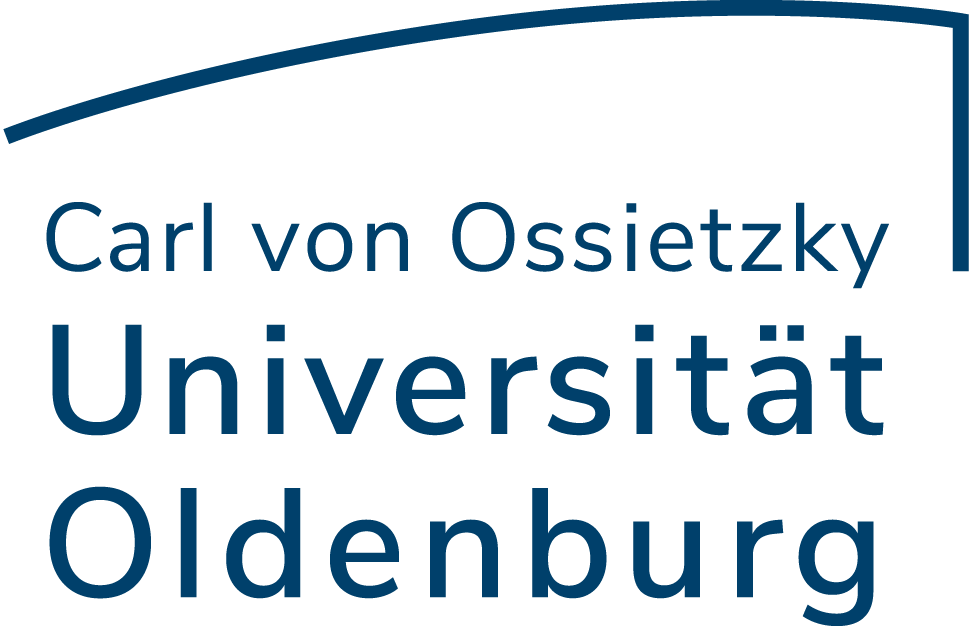Research Thread II: IT-based diagnostics and rehabilitation
The challenge
Hearing support for persons with a beginning, mild or moderate hearing loss (that usually develops with age and affects approx. 50% of persons aged over 65) is often sought too late. It thus provides only a limited user benefit, due to poor public and individual awareness of existing hearing problems, low accessibility of professional help, limitations in the diagnosis and in fitting procedures of hearing devices, and limited functionality of hearing devices in ameliorating sensorineural hearing loss.
Our approach
Groundbreaking data- and model-driven approaches towards self-controlled hearing tests and fitting of hearing devices will be advanced for listeners with a beginning, a mild or a moderate hearing impairment.
We aim for:
- a multilingual “virtual hearing clinic” that offers every smartphone user low-threshold, affordable access and basic hearing support.
- die Entwicklung eines umfassenden Systems von mehrsprachigen Diagnosemethoden, funktionalen auditiven Modellen und Hörgeräteanpassungswerkzeugen für Smartphone-basierte Geräte in Kombination mit datengesteuerten, maschinenlesegestützten Inferenztechniken.
- the development of a comprehensive system of multilingual diagnostic methods, functional auditory models and hearing aid fitting tools for smartphone-based devices in combination with data-driven, machine-reading based inference techniques.

close

Prof. Dr. Andreas Büchner
ENT/Cochlea-Implantats
Contact
German Hearing Center Hannover
Karl-Wiechert-Allee 3
D-30625 Hannover

close

Prof. Dr. Dr. Birger Kollmeier
Medical Physics
Contact
Carl von Ossietzky University Oldenburg
School VI
Department of Medical Physics and Acoustics
D-26111 Oldenburg

close

Prof. Dr. Simon Doclo
Signal Processing
Contact
Carl von Ossietzky University Oldenburg
School VI
Department of Medical Physics and Acoustics
D-26111 Oldenburg








